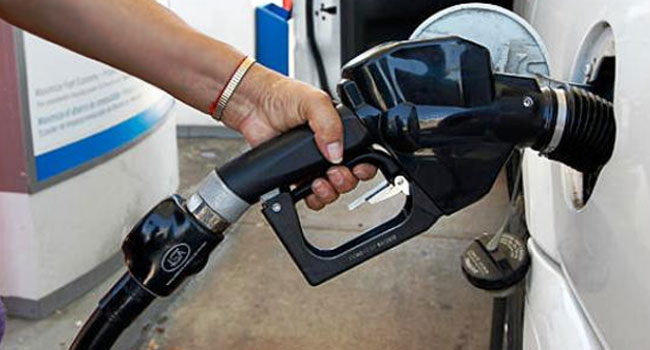
By Michael Eboh
The Petroleum Products Pricing Regulatory Agency (PPPRA), Sunday, insisted that it would continue to regulate the downstream petroleum industry, irrespective of the recent deregulation of the sector, to prevent petroleum products marketers from exploiting consumers and also to enforce the appropriate laws guiding the industry.
The PPPRA also cleared the air on the controversy surrounding the pricing of petroleum products, stating that it no longer fixes the price of Premium Motor Spirit (PMS), also known as petrol, but would constantly, on a monthly basis, develop a guiding price for the commodity, with which it would advise marketers.
In a statement in Abuja, Executive Secretary of the PPPRA, Mr. Saidu Abdulkadir, disclosed that the deregulation of the downstream sector would be dependent on the enforcement of appropriate laws by strong regulatory agencies, hence its continued intervention.
He said, “For the purpose of emphasis, let me reiterate that different sectors of the polity operate under the guidance of national regulators. The Central Bank of Nigeria (CBN) regulates the banks and other financial sectors; Nigerian Communication Commission (NCC) regulates telecommunications; National Insurance Commission (NAICOM) regulates the insurance sector and the same exists for operators in Nigeria’s downstream petroleum sector.
“To this end, it is not out of place for the Agency to provide a guiding price band with the aim to protect consumers against price gouging. It is important to also state that there is nowhere in the world that deregulation means total lack of control, supervision or oversight.
“While the Market-Based Pricing Regime is a policy introduced to free the market of all encumbrances to investment and growth, it should not be misconstrued to mean a total abdication of government’s responsibility to the Sector and citizenry.”
No price-fixing
Abdulkadir maintained that the PPPRA no longer fixes prices but rather provides a guiding price band by monitoring petroleum products prices daily; using the average price of the previous month to determine prices for the following month, for appropriate cost-reflective pricing that ensures reasonable returns to Oil Marketing Companies (OMCs).
“This methodology is in line with international best practices which range from bi-monthly to monthly price reviews. Nigeria adopted the monthly review model considering the average duration for importation of petroleum products into Nigeria from the closest spot market; Northwest Europe (NWE) to West Africa (WAF) is about 30 days. This period encompasses the Import Financing Process to delivery at retail outlets,” he explained.
READ ALSO: You‘re alone, Labour tells PPPRA over full deregulation petrol price
He argued that the new pricing regime would encourage oil marketers to resume supply of PMS, leading to further value creation in the downstream; foster job creation; ensure reasonable returns for investors, create healthy competition among marketers, enhance value for consumers and make funding available for other important infrastructure.
Code of conduct for oil marketers
The PPPRA chief executive, however, explained that although crude oil price and petroleum products prices are positively correlated, the prices of petroleum products do not increase or reduce correspondingly with changes in crude oil price.
He noted that the pump price we expect to see will be a reflection of the international market prices of petroleum products that are also rising.
Abdulkadir further stated that in line with its laws, it had concluded the development of Guidelines for Petroleum Products Commercial Framework and is currently drawing up Code of Conducts for Operators in the new pricing regime.
He also added that the PPPRA is currently finalising the review of cost elements and profit margins on the pricing template for marketers, to reflect the current market-driven pricing regime which was last reviewed in 2016, while ensuring that consumers are not overcharged.
The post Deregulation: PPPRA insists it no longer fixes fuel price appeared first on Vanguard News.
https://ift.tt/3eOdOsQ by David O Royal via Vanguard News Albert Einstein Fools of Fortune
Comments
Post a Comment